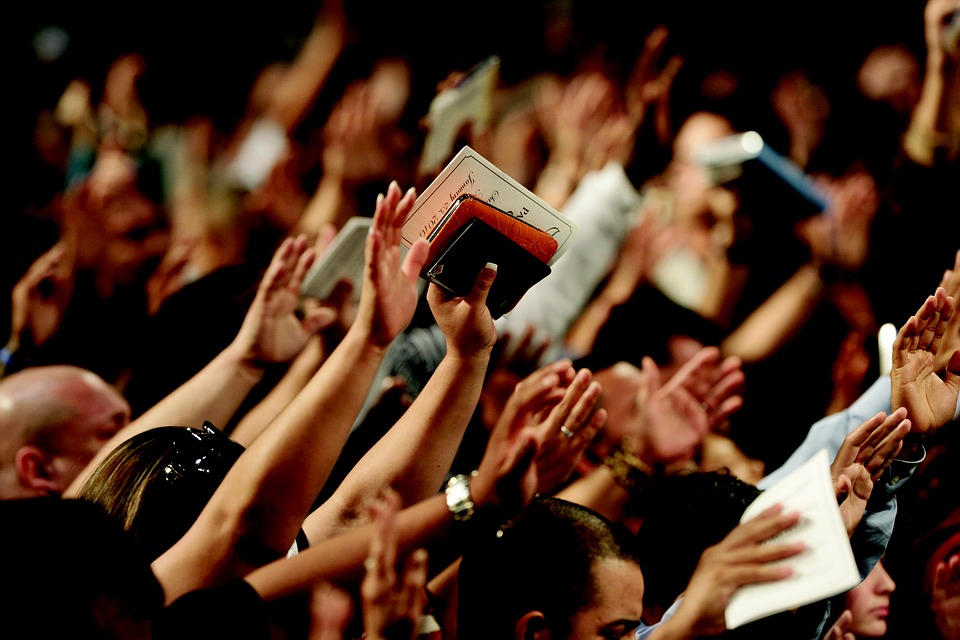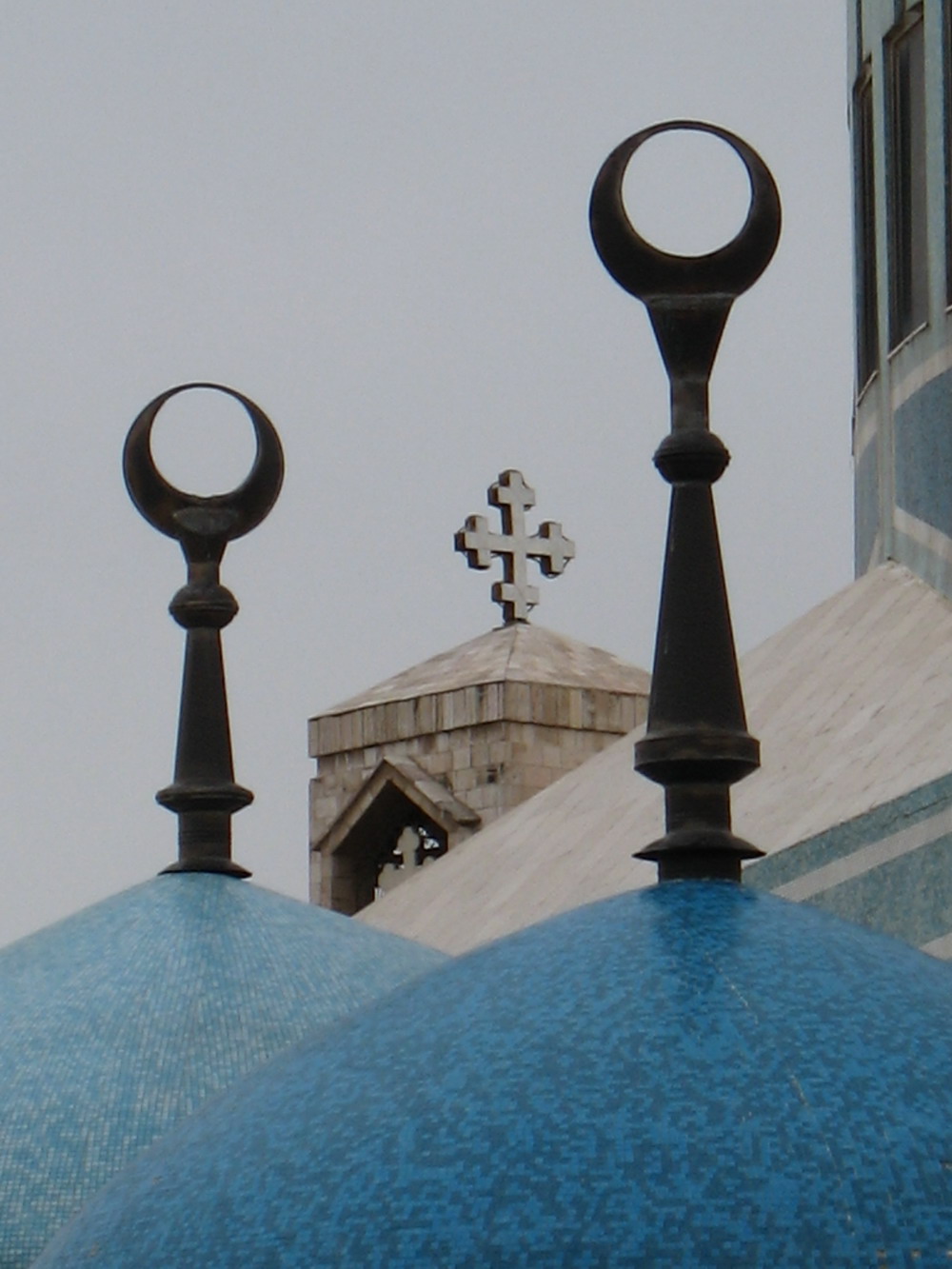Theology, Religion, and Philosophy of Religion (TRPR)
Course
Theology, Religion, and Philosophy of Religion (TRPR) is one of the most wide-ranging of the subjects that can be studied at Cambridge. Four or five papers are taken in each year in subjects as diverse as philosophy, doctrine, biblical literature, scriptural languages, Islam, Judaism, Hinduism, and comparative religion. After a first year with a compulsory language paper and biblical paper, students can specialize in one area within the Theology, Religion and Philosophy of Religion tripos, create a blend to reflect their own interests, or study for a joint honours degree in Social Anthropology and Religious Studies (Modern Religion). One of the particular strengths of second year and third year study in the Cambridge Divinity Faculty are its interdisciplinary papers: Christians and Muslims before and after Muhammed, Self and Salvation in Indian and Western Thought, Theology and Science, Christianity and Society in Africa and its Diaspora.

Theology, Religion, and Philosophy of Religion is taught ‘from scratch’ and there is no requirement that candidates have studied the subject at A-level. Interest in the subject is the only factor of importance and candidates are not required to adopt any confessional position. The Divinity Faculty requires one year’s study of a scriptural language (Greek, Hebrew, Arabic or Sanskrit) during the course. For some students an interest is sparked which can then be developed over the course of the degree. Some linguistic ability is regarded as a favourable indication (a good GCSE grade in a language might be taken as evidence).
Students study theology for a variety of reasons. Some students have a religious faith and want to deepen their understanding of their own religious tradition better, whilst others have no religious commitment but want to understand the beliefs of others. What they have in common is an interest in human religiosity and an interest in learning how this has been perceived and understood by both adherents and critics
There is no one career destination for TRPR graduates either. Whilst some students do pursue a career in teaching or ministry, the majority go into careers that are not directly related to religion. Because Theology graduates have a mixture of highly desirable skills – close reading, empathy, understanding of human diversity, ability to communicate clearly about complex and controversial issues – there are many careers that theology graduates from Cambridge have gone it, including the civil service, the legal profession, publishing, accountancy, and working in the charity and social sectors.
St John’s College normally admits a small number of undergraduates (usually two or three) to study Theology, Religion, and Philosophy of Religion each year. The subject also regularly attracts undergraduates after their first or second years. In addition, the College also has a number of postgraduates, an active Theological society and a well-stocked section in its Library. The Faculty is small and friendly and located in a well-designed and much-admired contemporary building on the large arts and humanities complex on the Sidgwick site.

Entry Details
UCAS Code: V600
Typical Minimum Entry Requirements
A Level: A*AA
International Baccalaureate: 42 points, with 776 at Higher Level
Essential/Desirable Subjects: None
Submitted Work: Two pieces of recently written work, this may include timed essays. You should submit work you most enjoyed writing, the material which in your view shows your skill and potential to best advantage.
Admissions Assessment: None.
Admissions Interviews
Those who are invited to attend for interview will typically have one interview with the Director of Studies and a subject specialist lasting around 45 minutes. Immediately prior to the interview you will be given a short text or choice of texts, which will form the basis of part of the interview discussion.
The aim of these interviews is to find out from you at first hand about your motivation and aptitude for the course you have chosen. We conduct our interviews in a friendly and informal manner, and you should not feel daunted by the prospect of them. No special preparation is necessary, or indeed desirable.
Applicants are normally asked general questions about their interest in the subject, as well as questions touching in a general way on different areas and approaches that are part of the TRPR syllabus. For example, there may be a more philosophical question, a question more focused on close analysis of religious texts, and a question about the lived experience of religion today. There is no attempt to catch candidates out, nor is the interview a test of memory or of detailed factual knowledge, it is more concerned with exploring your ability to think through a particular issue, explore all dimensions, and produce a coherent and well-founded answer.
If there is time, there may be questions relating to the written work you have submitted.
Further information regarding interview dates and arrangements can be found here.
People
Director of Studies
Professor Nathan MacDonald
Tutor
Professor Eric Miska
Subject Fellows
Professor Nathan MacDonald
Further Information
Further Information
Further details about the Tripos can be found on the Faculty website and details of the Faculty's Open Day can be obtained from The Divinity School, West Road, Cambridge, CB3 9BS, tel: (01223) 763002 or by email.